- Free schools for IDP children in Arakan State struggle to stay open amid funding shortfall
- Female-headed IDP households in Ponnagyun Twsp struggle as commodity prices surge
- Min Aung Hlaing likely to take State Counsellor role in post-election government formation: Analysts
- Hindus express hope for educational reform under AA administration
- Arakanese zat pwe performers struggle to survive as conflict halts traditional shows
Farmers lament steep price hikes for fertiliser, pesticide in Arakan
The price of a packet of pesticide has increased fourfold since last year and now costs more than 80,000 kyats, she said. An acre of peanut plants requires three to five packets of pesticide, she added.
25 Nov 2024
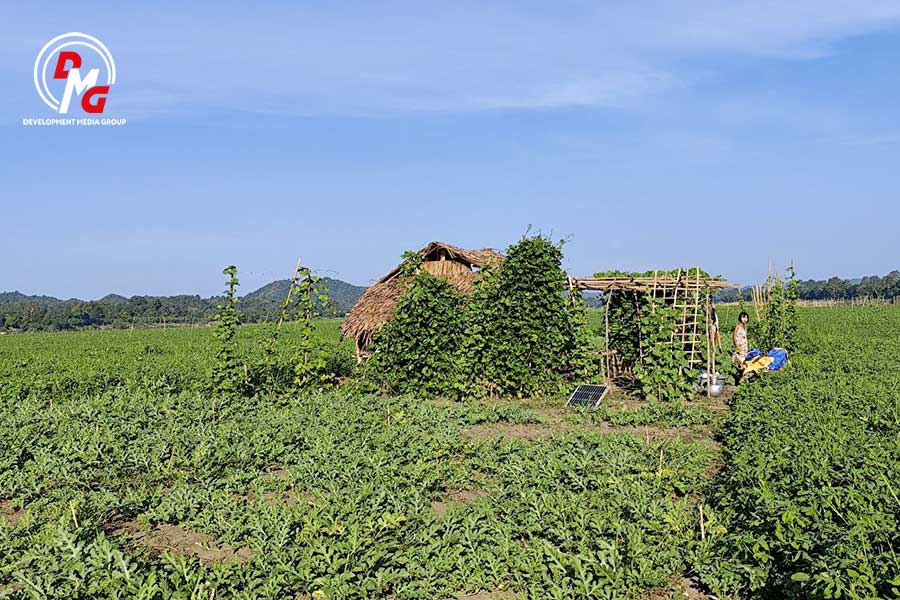
DMG Newsroom
25 November 2024, Mrauk-U
Farmers in Arakan State report that the prices of pesticides and fertilisers they need to use for winter crop cultivation are prohibitively high.
In the Lay Myo Chaung area of Mrauk-U Township, where thousands of acres of winter crops, including beans and pulses, have been planted, farmers have reported infestations and resultant damage to crops due to the inability to afford pesticide.
“My bean plants are infested and getting weaker,” said farmer Daw Than Aye from Lay Nyin Taung Village. “They need pesticide, but it is too expensive to buy.”
The price of a packet of pesticide has increased fourfold since last year and now costs more than 80,000 kyats, she said. An acre of peanut plants requires three to five packets of pesticide, she added.
Farmers growing winter crops like corn, chilli and eggplant are also concerned that yields will decline as they cannot afford to use fertiliser for their plants.
Farmer U Nay Myo from Wapyan Village in Kyauktaw Township said: “Previously, I used fertiliser every year. But this year, I struggled even to grow. I can’t afford to apply fertiliser.”
A sack of fertiliser now costs around 400,000 kyats, up from 100,000 kyats last year.
“Winter crops are crucial for the local vegetable supply,” said farmers’ rights activist U Soe Naing. “We will have to rely on local farms as we can’t get vegetables transported from other parts of the country. The United League of Arakan (ULA) government must prioritise winter crop cultivation.”
In Arakan State, crops are mainly grown during the rainy and cold seasons. There are more than 542,000 acres of farmland used for winter crop cultivation in the state, with the cultivated area having decreased by 60% this year, according to the Arakan Farmers’ Union.




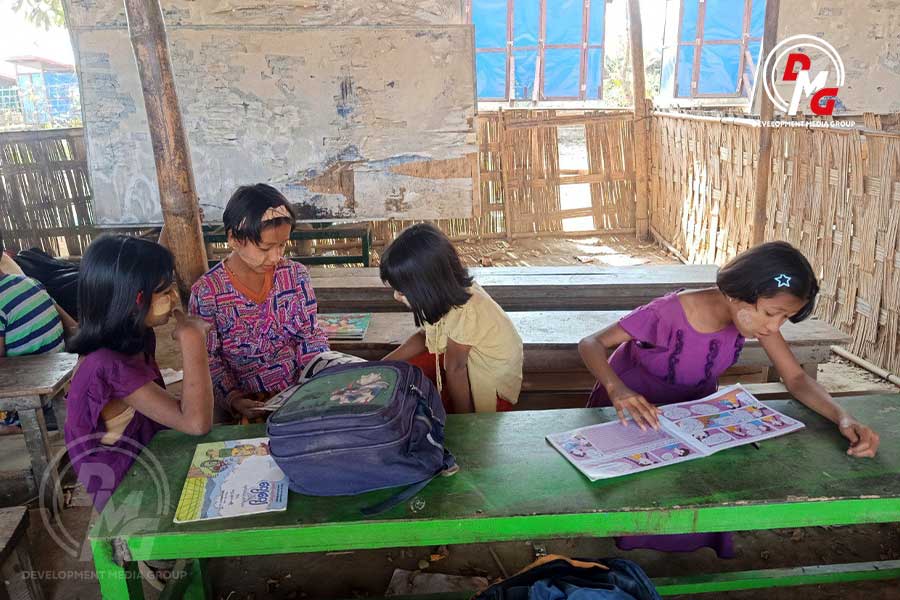
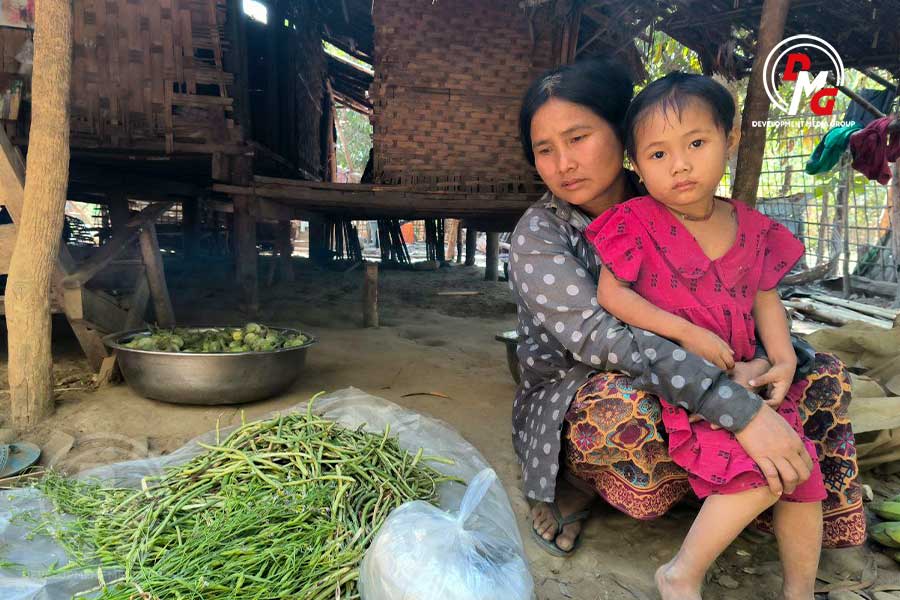

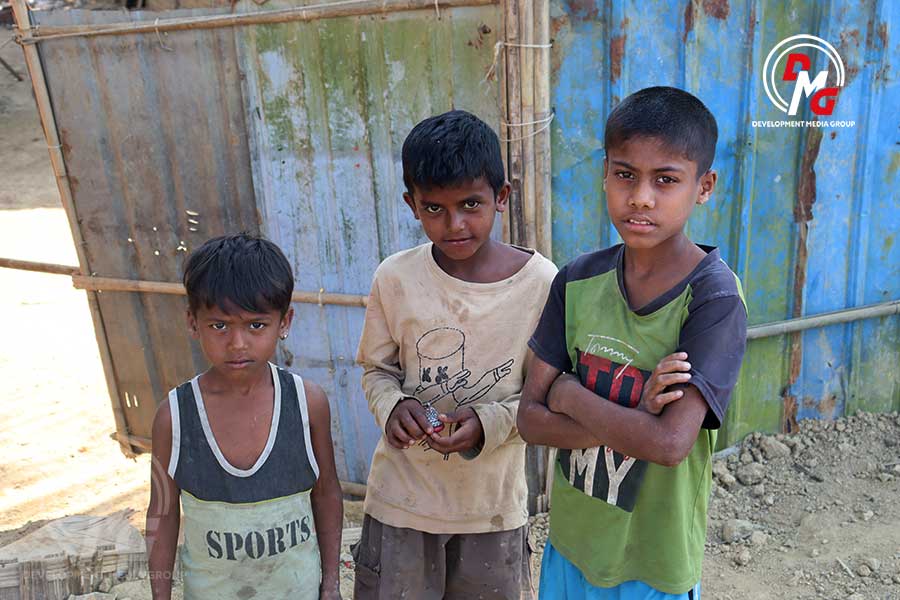
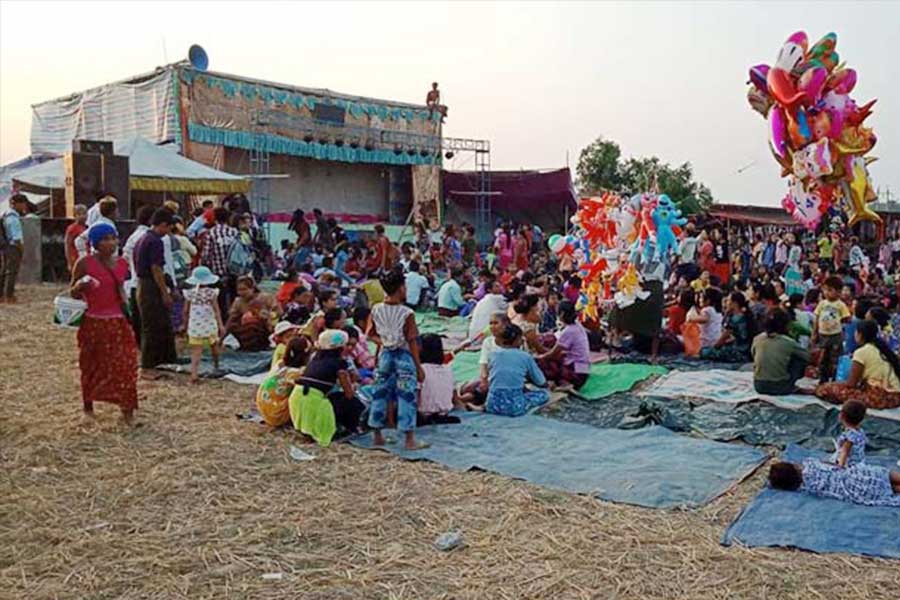








.jpg)